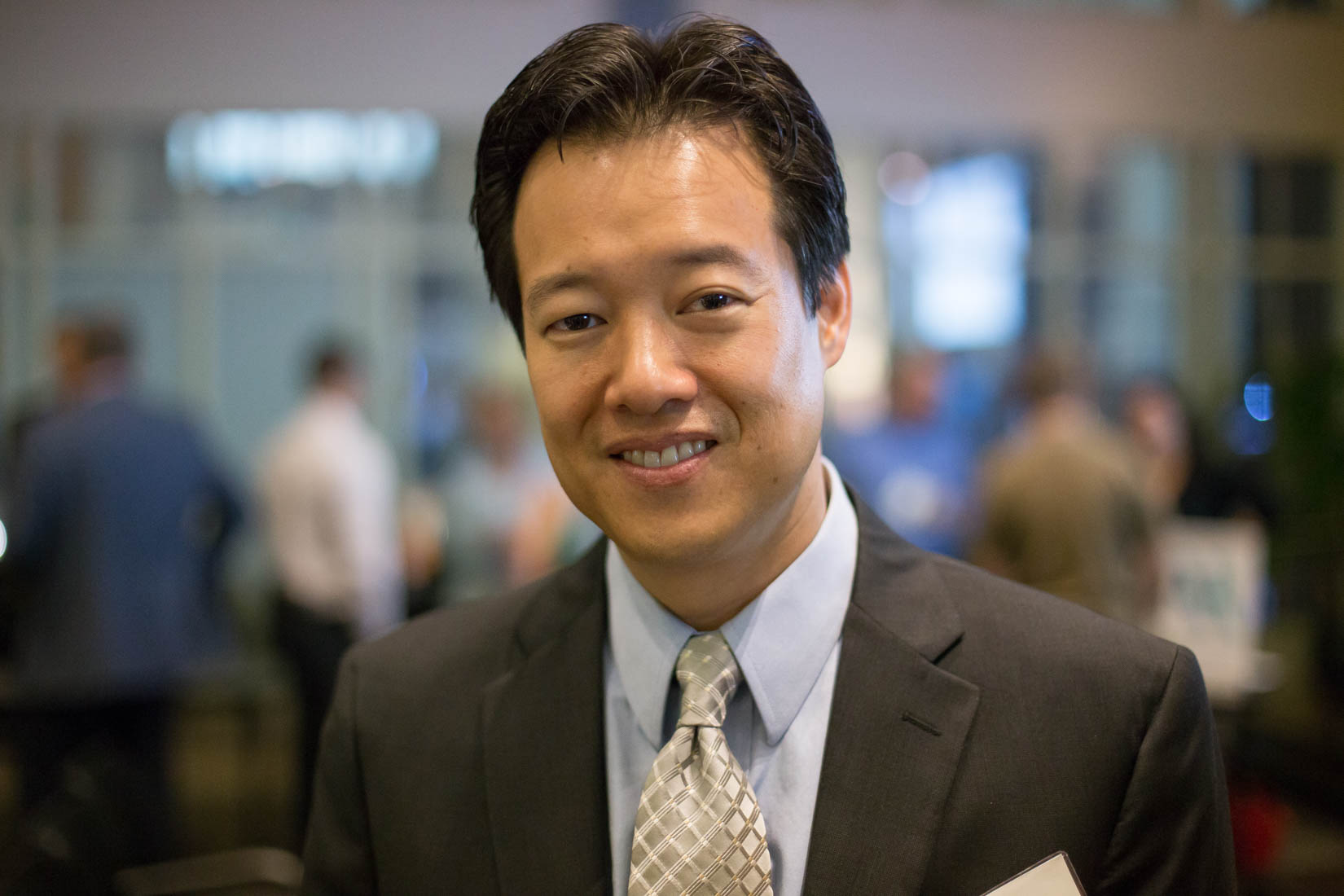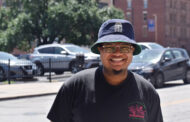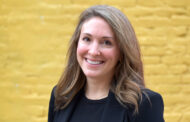Victor Hwang, the Ewing Marion Kauffman Foundation’s vice president of entrepreneurship, recently took to LinkedIn to map out his vision for 2017 and beyond.
In addition to making a series of new hires, Hwang outlined the four main areas of focus for the foundation: entrepreneurial education, entrepreneurial ecosystems, market gaps and big ideas.
“We are putting in place an ambitious strategy that targets some of the biggest challenges in entrepreneurship,” Hwang wrote. “Our overarching goal is to reverse national trends by increasing rates of entrepreneurial starts and successes.”
He believes that pairing Kauffman’s support with community members’ assistance enables significant potential in the coming year. He challenged the Kansas City community to get more involved with the foundation’s mission.
“Kauffman can’t do it alone,” he wrote. “We need your boldest ideas. We need your courageous experiments. We need your creative stretching. And we need your brave patience and good faith. Together, as Mr. Kauffman said, there is nothing we can’t conquer.”
Key Hires
In recent months, Kauffman has prioritized unifying internal entrepreneurship teams. As part of that effort, Hwang announced several new hires.
Among the new faces is Philip Gaskin, a former political campaign director for President Obama, who will serve as director of entrepreneurial communities. He will lead our group on building effective entrepreneurial ecosystems and overcoming market gaps.
With arguably the most impressive title the foundation welcomed its first “Maverick-in-Residence,” Mark Beam. He will lead a residence program for Kauffman and lead its engagement strategy. Prior to joining the Foundation, Mark co-developed Halloran Philanthropies, an international philanthropic investment organization.
Hwang also introduced Andy Stoll, senior program officer, who will be responsible for the implementation and management of the foundation’s ecosystem strategy and grant portfolio. He previously was an ecosystem-building consultant at the Bohemian Foundation.
Hwang’s four pillars
Entrepreneurial education –In his piece, Hwang argued that the way people are learning is changing and that entrepreneurship education should follow suit. The foundation plans to integrate its educational resources — including FastTrac, 1 Million Cups, Founders School and the entrepreneurship.org website.
“Our ultimate vision is that people who are starting or building their companies anywhere can easily access the best learning opportunities,” Hwang said. “Whether that be online or offline, structured or unstructured, internally sourced or externally created by other organizations.”
Entrepreneurial ecosystem – As opposed to “siloed” thinking, Hwang said that entrepreneurs thrive best in interconnected communities. Many are aware of the concept of “ecosystem building” but the meaning is still fuzzy and has yet to be officially defined.
You may have already read about Kauffman’s plans to host a national summit on ecosystem building. The foundation will also synthesize ideas from around the world to create a “Kauffman Playbook.” In efforts to professionalize the discipline of ecosystem-building, the playbook will be universally available and easily implemented for practitioners.
Market gaps – Hwang said his goal is “for entrepreneurs with great ideas should face zero barriers to start up.”
In order to do this, the foundation will tackle those gaps in its Kauffman Inclusion challenge, which awarded $4.3 million in 2016 to 12 national organizations that address systemic gaps minorities face in the marketplace.
Big ideas – Everyone knows to call 911 when there’s an emergency. Kauffman wants to be your go-to call when you’ve got an idea. The foundation is not fulfilling its potential when it is not translating ideas into action, Hwang said.
“Kauffman should be the ‘Mecca’ for engaging the best thinkers and doers in our field,” Hwang said. “We are in the fortunate position of being able to take ambitious, creative, risky, long-term bets.”




































